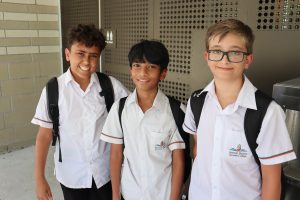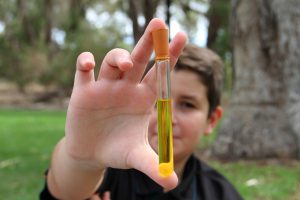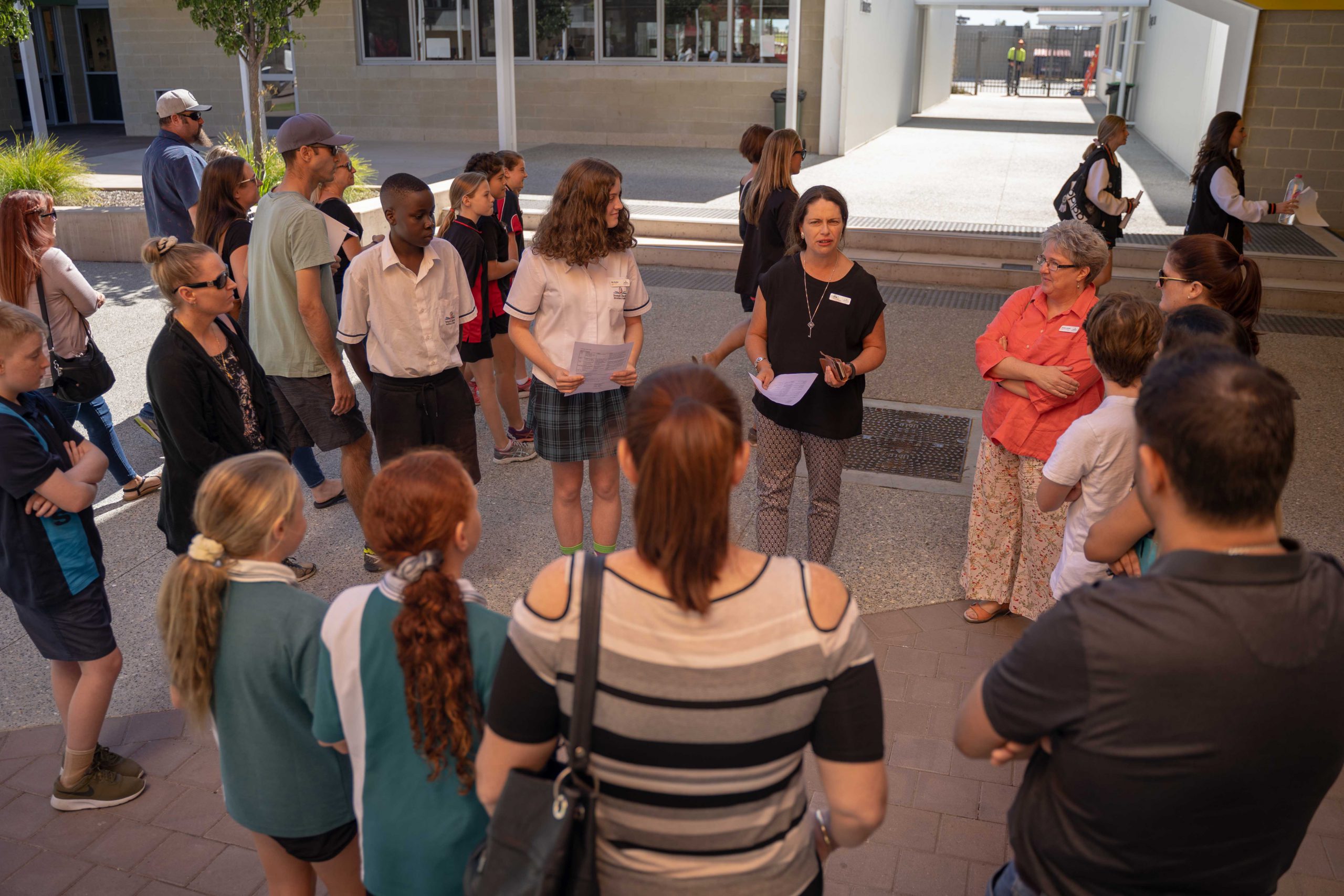Children, Family and the Community (General)
Course Code: GECFC/GTCFC
Domain: Technologies
Timetable: Semester 1 and 2
Length of Course: 2 Years
Unit Information
The Children, Family and the Community (General) course focuses on factors that influence human development and the wellbeing of individuals, families and communities. Students develop an understanding of the social, cultural, environmental, economic, political and technological factors which have an impact on the ability of individuals and families to develop skills and lead healthy lives. They recognise how promoting inclusion and diversity among individuals, families and groups in society contributes to the creation of safe, cohesive and sustainable communities.
Through the study of developmental theories, students develop an understanding of human growth and the domains of development. Students are introduced to the diverse nature and interdependence of societal groups. They develop an appreciation of how the creation of environments that promote optimal growth and development of individuals, families and communities affect and influence society as a whole. Students investigate access to, and availability of, support services and review laws and regulations that govern the provision of such support.
Students explore products, services or systems that address issues, opportunities or challenges to meet the needs of individuals, families and communities. Students consider alternative perspectives, policies and practices when working individually or collaboratively. They use a range of skills to make informed decisions and consider actions at personal, family and community levels. Students communicate and interact with children, families and community groups in practical ways. Students understand that beliefs, values and ethics influence decisions made by individuals, families, and communities.
This course caters for students seeking career pathways in areas, such as education, nursing, community services, childcare and health.
Year 11
Unit One
This unit focuses on family uniqueness. Students examine the role of families and the relationships between
individuals, families and their communities.
Through an understanding of growth and development, students recognise the characteristics of individuals
and families and that development is affected by biological and environmental influences. They identify roles
and responsibilities of families and examine their similarities and differences, the issues that arise from
family interactions and the influence of attitudes, beliefs and values on the allocation of resources to meet
needs and wants.
Students make decisions, examine consequences and develop skills to accommodate actions that impact
themselves or others. Skills, processes, understandings and knowledge are developed through individual and
group experiences. Students design and produce products and services that meet the needs of individuals,
families and communities.
Unit Two
This unit focuses on families, relationships and living in communities. The influence of biological and
environmental factors, lifestyle behaviours and health status on growth and development is studied.
Students explore the health of individuals and communities and the protective and preventative strategies
that impact on growth and development.
Students examine the roles and responsibilities of particular groups, networks, and services, and the impact
of attitudes, beliefs and values on the management of resources. Students engage in shared research
practice, communicate information, use decision-making, goal setting, self-management and cooperation
skills when creating products, services or systems that will assist individuals, families and communities to
achieve their needs and wants.
Year 12
Unit Three
In this unit, students investigate the principles of development and how these relate to the domains and
theories of development.
Students examine and evaluate the features of products, services and systems for individuals and families.
They examine the diverse and dynamic nature of families in Australia. They recognise and acknowledge
cultural diversity, and inequity and injustice issues.
Students develop effective self-management and interpersonal skills to recognise and enhance personal
relationships, enabling them to take active roles in society.
Unit Four
In this unit, students examine the effect on an individual’s development and wellbeing in a society
characterised by rapid change. They explore contemporary Australian issues or trends relating to families
and communities at the state and national level and are introduced to a range of advocacy types.
Students examine developmental theories and their influence on cognitive development.
Students use effective self-management and interpersonal skills when assessing or developing products,
processes, services, systems or environments.
Pathway Information
Tertiary
Workforce
Students undertaking this course may wish to consider tertiary studies in:
- School Age Education and Care
- Community Services
- Early Childhood and Care
- Education Support
- Youth Work
- Early Childhood Studies
- Nursing
This course suits direct workforce entry into the following:
- Education Assistant
- Daycare Assistant
- Youth Work
Additional Information
Estimated Charges: $110 plus materials per year



